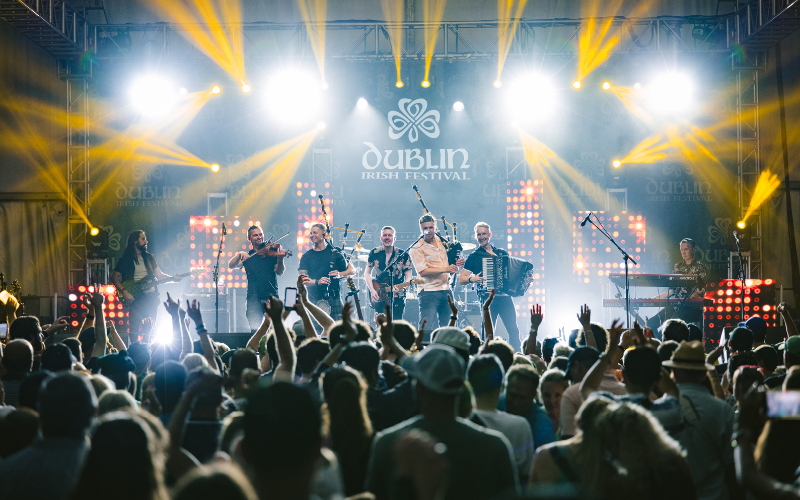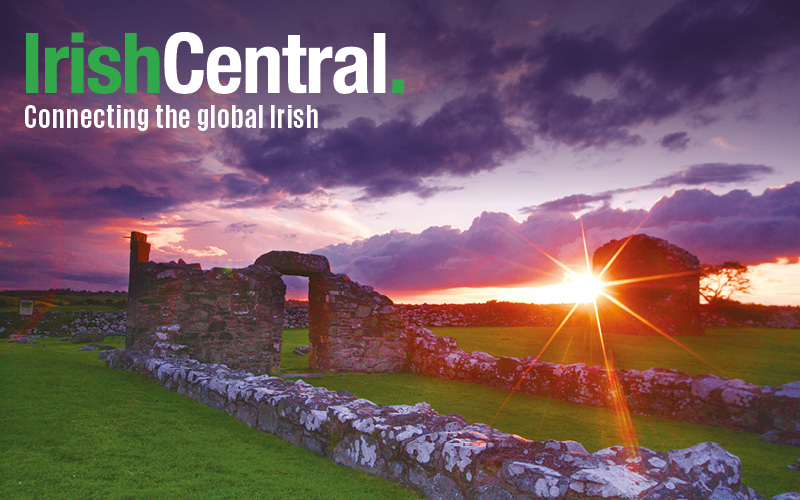The President of the GAA Liam O’Neill has said that the success and growth of Gaelic games in North American urban areas could used as a template for the development of the traditional Irish sports in Ireland.
Speaking to IrishCentral at the North American County Board (NACB) Finals, in Cleveland, O’Neill commented on the exponential growth of hurling, camogie and football in urban areas.
He explained, “Our challenge in Ireland right now is to conquer to urban landscape and bring our games to urban settings but it’s being done here and I think we could bring the model that’s been used now home to Ireland.
“We could use it particularly in west Dublin and parts of the other cities where people are strangers to the games. There’s a template here that is well worth copying. They’re doing things that we haven’t even thought of doing in Ireland.”
He added, “Rockland in North New York, Shannon Gaels in Queens are the real good news stories. The fact that the Shannon Gaels are taking over a public park now. No one 20 or 30 years ago would have said that would have been possible. That they would have gotten a lease on a park and are now looking for a for our support to develop it into two Gaelic pitches is amazing.”
Development and growth are now the focus of the GAA in Ireland and organization in the United States is achieving high goals in the area.
The President continued, “The GAA in America is growing exponentially, that’s very heartening. I think we’re going to see a huge growth particularly at third level. What’s going on here with the adults added to the development at youth levels is really what we have to focus on.
“Our big challenge now is to give these children playing in the youth games in the United States a career path for life and gradually ease out the number of people coming over here.
“If we can give them a career path where gradually we have these sanctions eased out and we have spaces on the teams for the people coming through. That’s the big challenge I think. That’s one I hope we can achieve with the cooperation of the Gaelic games authorities here and the North American board and we have to back them on that.”




Comments